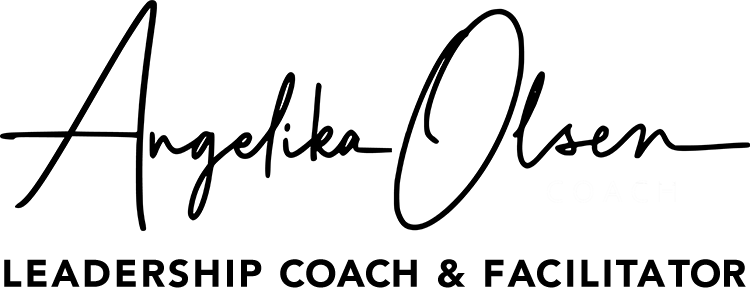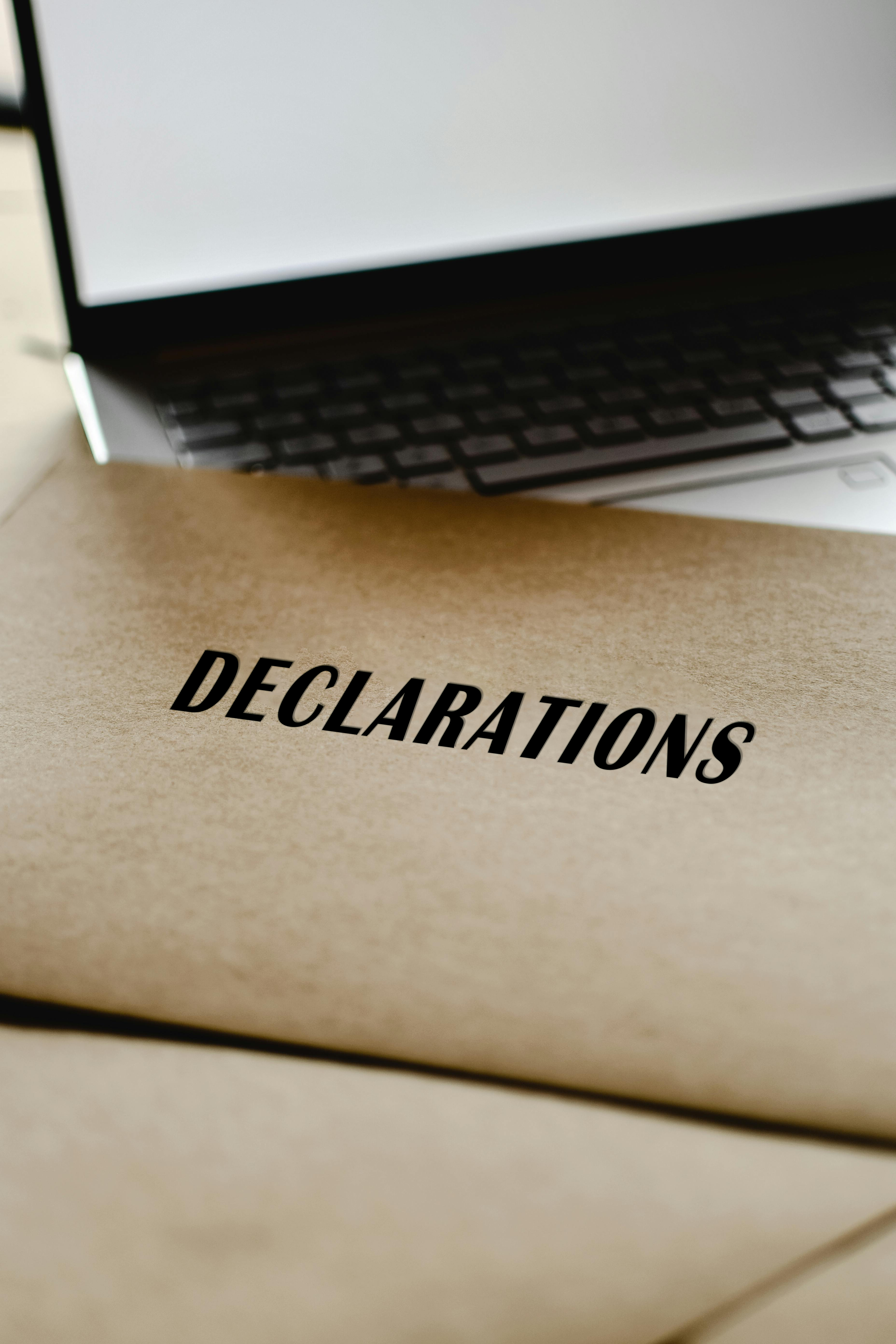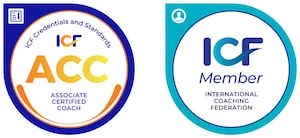I Do Declare
Some 50 years ago, Fernando Flores built on a theory originally developed by philosopher J.L. Austin and later expanded by another philosopher, J.R. Searle. He called it The Theory of Speech Acts and it holds that language is generative and as such, that words are capable of production. Specifically, it identifies six acts of speech that create action or impel change.
- Declarations
- Assertions
- Assessments
- Requests
- Offers
- Promises
Of these powerful six, there is one that I consider especially simple to master and useful in family business leadership; the Declaration.
The Value of a Declaration
Declarations are made to change the way things are. It’s a tool to employ when we have looked around and realized we can no longer continue as we have. Perhaps there is potential for improvement, or another avenue we’d prefer to travel. To set such change into motion, the best place to start is with a declaration.
We are all familiar with significant declarations that changed the world. Looking back on history, there are several that might come to mind.
The Declaration of Human Rights, published in 1948
The Declaration of Independence, of 1776
and then of course there are more common day-to-day declarations;
“I now pronounce you husband and wife.”
“I am never doing that again.”
What makes declarations so powerful is that they mark a place in time from which things will be different. New thinking or new rules are in place. They relay that up until now, this has been the norm, and with my declaration, that is changing. Declarations are so influential and can be used by anyone. You don’t have to be on top of the hierarchy for a declaration to be effective. A declaration might be made to others or to yourself.
In my work as a leadership coach for family businesses, I help my clients uncover and craft the declarations they need to make. It can be an indispensable tool to initiate change when negative patterns and behaviors have become the norm within the family and family business system. Significant improvements have come from the declaration that marks the beginning of an era where new, more positive norms are instituted.
Declarations Are A Good Thing
Generally, declarations signify changes that are grounded in good intentions and are meant to bring about positive change, improvement, or further a movement toward a specific goal.
When an individual makes a declaration, it creates a boundary. From the moment the declaration is made, things are different. Time is easily divided between before and after. A declaration memorializes the start of something new and is indicative of something stated for the first time.
Drive Action
It’s important to note that a declaration is distinctly different from an announcement. Announcements are intended to inform the public; they simply provide information. On the flip side, declarations not only give information but also introduce a specific action.
Declarations tend to be more formal — they are a level up on day-to-day language. Perhaps because the speaker has thoroughly thought out their intention; what they want their declaration to initiate. It’s worth taking the extra time to craft our declaration wisely to ensure that it delivers the impact you intended.
Crafting Your Declaration
As a starting point, carefully consider what it is that you want to initiate and what action you want to create. The more clear and concise, the more memorable. Also, keep in mind that your words may be cited or quoted repeatedly in the future.
One way to start your declaration is with the phrase, “Up until now”. For example, at one point Henry Ford might have said something like this, “Up until now, all cars have been available only in black. From now on, we will offer them in green as well.” This structure emphasizes the change of action and demarcates the start of something new.
Delivering Your Declaration
Do keep in mind that the time and method of delivery for your declarations are important factors to its success. So, it’s best to consider which would be most efficient — oral or written?
If your declaration is in writing, it’s critical that it reaches your target audience at the appropriate time, whether it’s through an email, a poster, or even skywriting, consider when it will land. Be bold and innovative when using it as a catalyst for change.
As for verbal declarations, creating an environment of anticipation increases the impact. Set things up for curiosity — an atmosphere that invites thinking — set the atmosphere for learning. That could mean calling your audience together for a special meeting or simply prefacing your declaration with the words, “I have something important to relay” followed by a dramatic pause to heighten the tension.
One More Thing About Declarations
Declarations can also be used to express personal boundaries — setting yourself free from the expectations of others. Once someone has declared what they will or will not do, others have little choice but to accept it. Then, of course, it’s important to stick to your declaration. Be consistent and walk the talk. And of course, be prepared for the cost, whatever that may be.
And this brings us to a key quality required to make a declaration; Courage.
Many refrain from using this powerful tool because it takes a fair amount of courage to draw a line in the sand. To wield the power of change can be scary. As a result, many of us likely have a declaration we know we ought to make, but continually avoid.
Now ask yourself. Is there a personal declaration you would like to make? What change is important to you right now, and who needs to know about it?
For The Good Of Your Family Business
Perhaps the biggest surprise is how substantial change can be initiated with a simple declaration. It is this the first step in creating a meaningful path forward.
It’s quite common within the context of a family or a family business to make intentional changes toward a healthier environment. All systems tend to fall into familiar, comfortable patterns that hinder growth- standing in the way of success. Being the leader, whether by title or initiative, to identify and reverse those unhelpful patterns takes courage.
If you are part of a family business — big or small — what courageous declarations might you consider making to keep the family business thriving? If your goal is to keep the business intact for the benefit of the next generation, the declarations today will affect positive change for tomorrow.
Schedule Your Consultation Now
If this article has brought your awareness to issues in your own family business, let’s talk. I am a Family Business Leadership Coach specializing in family systems and dynamics of multi-generational business-owning families. I work closely with their members to define core values, navigate complex dynamics, and foster alignment. You can reach me at calendly.com/AngelikaOlsen.
For further details, feel free to explore my LinkedIn profile.



